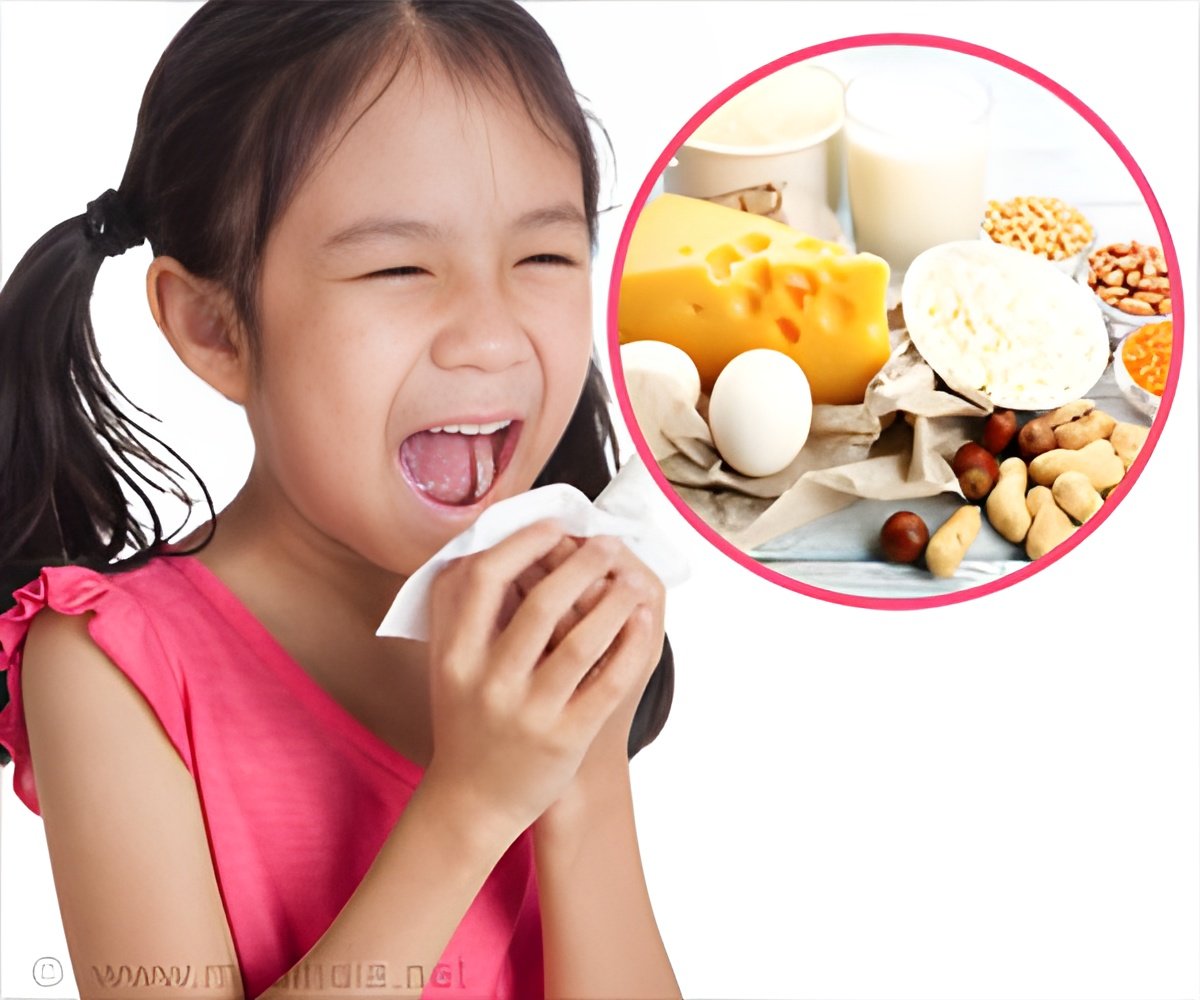Infants with a food allergy were nearly four times more likely to develop asthma by age six than those without a food allergy.

Infant food allergy phenotypes and association with lung function deficits and asthma at age 6 years
Go to source) The study involved 5,276 infants, who underwent skin prick testing to common food allergens, including peanut and egg and oral food challenges to test for food allergy. At six years, children were followed up with further food allergy and lung function tests.
‘An infant's food allergy is connected to the development of asthma and diminished lung function in later childhood. #foodallergy #asthma #childhealth #lungfunction
’





The results, published in the Lancet Child & Adolescent Health, showed that by six years of age, 13.7 percent reported a diagnosis of asthma. Babies with a food allergy were almost four times more likely to develop asthma at six years of age, compared to children without a food allergy. The impact was greatest in children whose food allergy persisted to age six as opposed to those who had outgrown their allergy. Children with a food allergy were also more likely to have reduced lung function. Food allergy in infancy, whether it was resolved or not, was linked to poorer respiratory outcomes in children, said Rachel Peters, Associate Professor at Murdoch Children’s. “This association is concerning given reduced lung growth in childhood is associated with health problems in adulthood including respiratory and heart conditions. “Lung development is related to a child’s height and weight and children with a food allergy can be shorter and lighter compared to their peers without an allergy. This could explain the link between food allergy and lung function. There are also similar immune responses involved in the development of both food allergy and asthma.
“The growth of infants with food allergy should be monitored. We encourage children who are avoiding foods because of their allergy to be under the care of a dietician so that nutrition can be catered for to ensure healthy growth,” Peters said.The findings would help clinicians tailor patient care and encourage greater vigilance on monitoring respiratory health, said Murdoch Children’s and University of Melbourne Professor Shyamali Dharmage.
Children with a food allergy should be managed by a clinical immunology or allergy specialist for ongoing management and education. Professor Dharmage said clinicians and parents should also be vigilant for asthma symptoms in children with food allergy because poorly controlled asthma was a risk factor for severe food-induced allergic reactions and anaphylaxis.
Reference:
- Infant food allergy phenotypes and association with lung function deficits and asthma at age 6 years - (https://www.thelancet.com/journals/lanchi/article/PIIS2352-4642(23)00133-5/fulltext)















